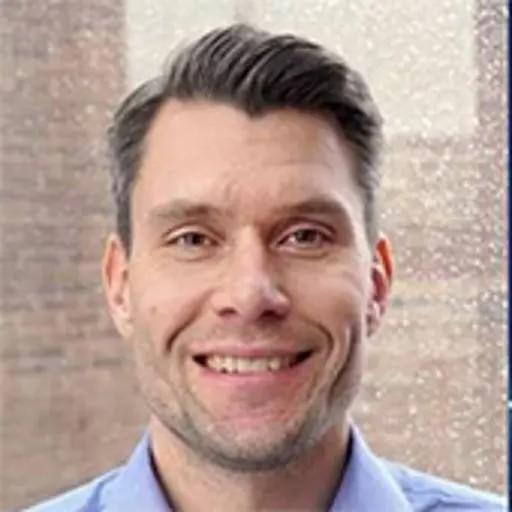Välkommen till seminarium med Iuri Rocha, Delft University of Technology.
Seminariet anordnas av avdelningen för Material- och beräkningsmekanik, IMS
Översikt
- Datum:Startar 15 juni 2023, 15:30Slutar 15 juni 2023, 16:30
- Plats:Virtual development laboratory
- Språk:Engelska
Abstract:
Computational homogenization (FE2) is a powerful tool for unraveling multiscale phenomena in complex materials and linking them to macroscale performance with no loss of generality. Yet, FE2 still does not see widespread application in industry due to the extreme computational cost associated with embedding and solving complex microscopic boundary-value problems at each and every macroscopic material point. The development of effective ways to accelerate FE2 simulations has therefore given rise to a challenging new research arena, with substantial progress being made over the last few years but still with no clear consensus on a definitive approach.
We present an integrated overview of our recent developments in Model Order Reduction (MOR) and machine learning-based tools for accelerating FE2 simulations in solid mechanics. We frame and compare different methods not only in their ability to reproduce relevant material behavior but also in terms of their unique levels of balance between physics-based bias and data-driven variance. The discussion includes pre-trained and adaptive hyper-reduced projection MOR models for plasticity and fracture, active learning of constitutive models for composite materials with Gaussian Processes, hybrid data-driven surrogates with embedded physics-based constitutive models and graph-based learning for full-field predictions of path-dependent microscopic behavior. We summarize our main findings along these fronts and provide a sketch of future research directions.
